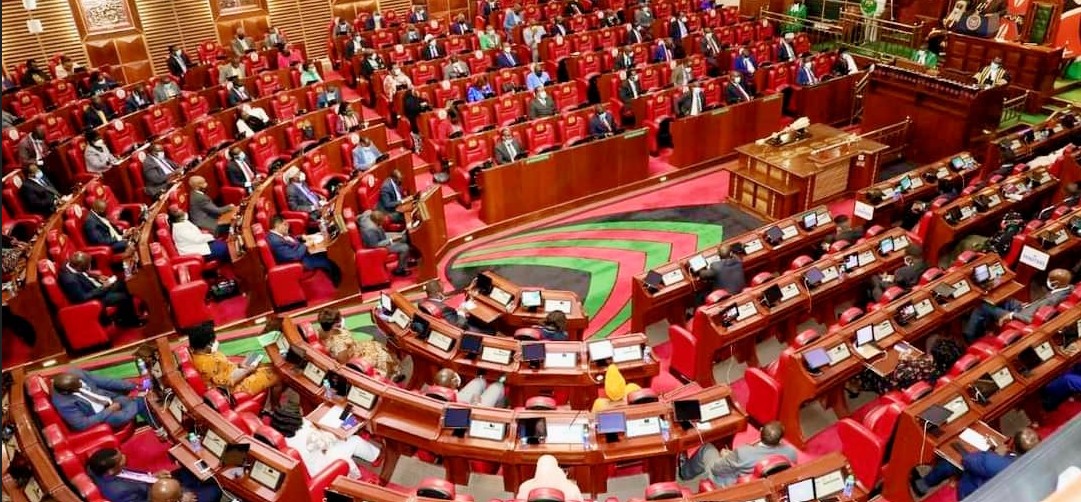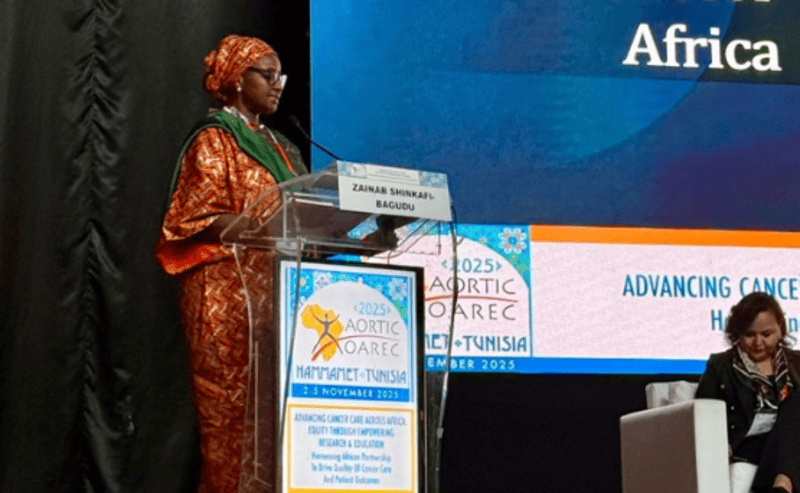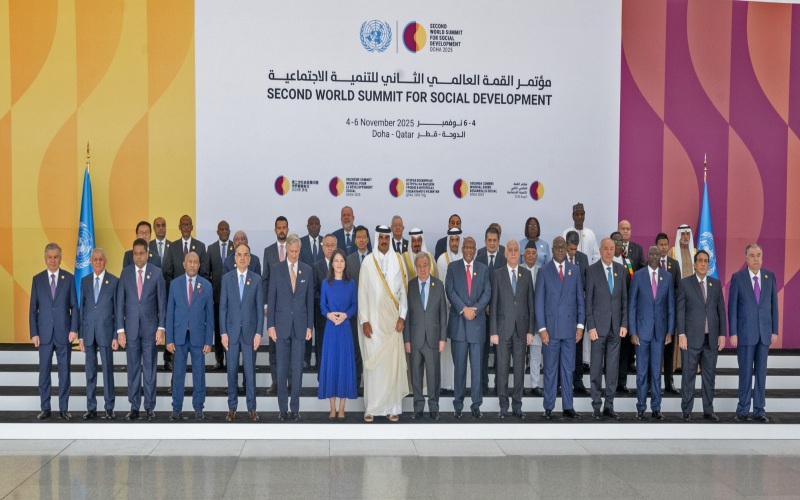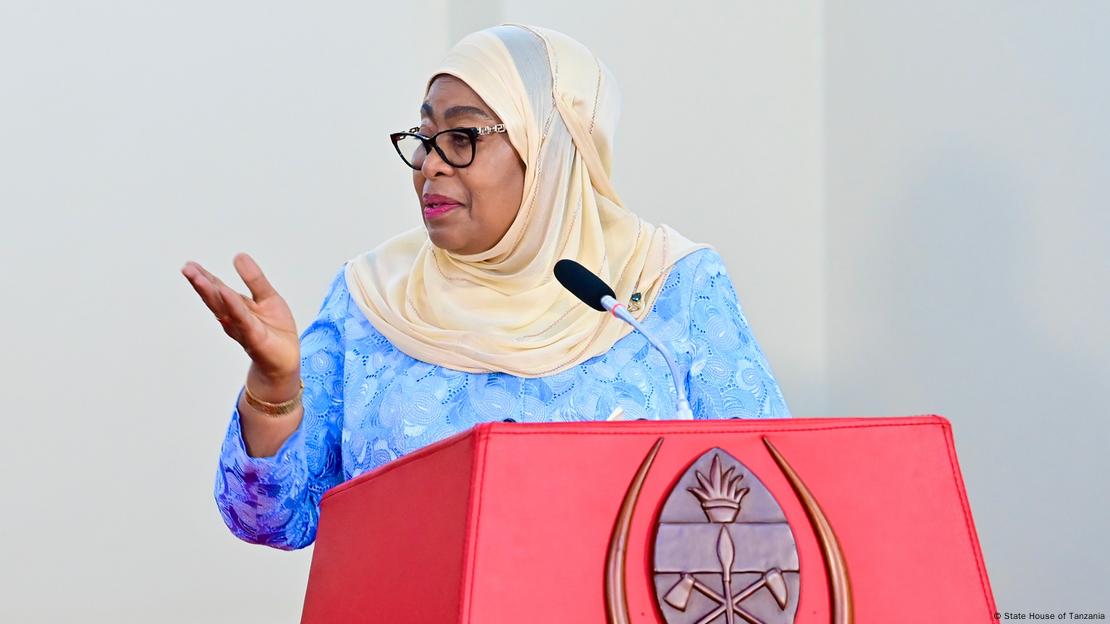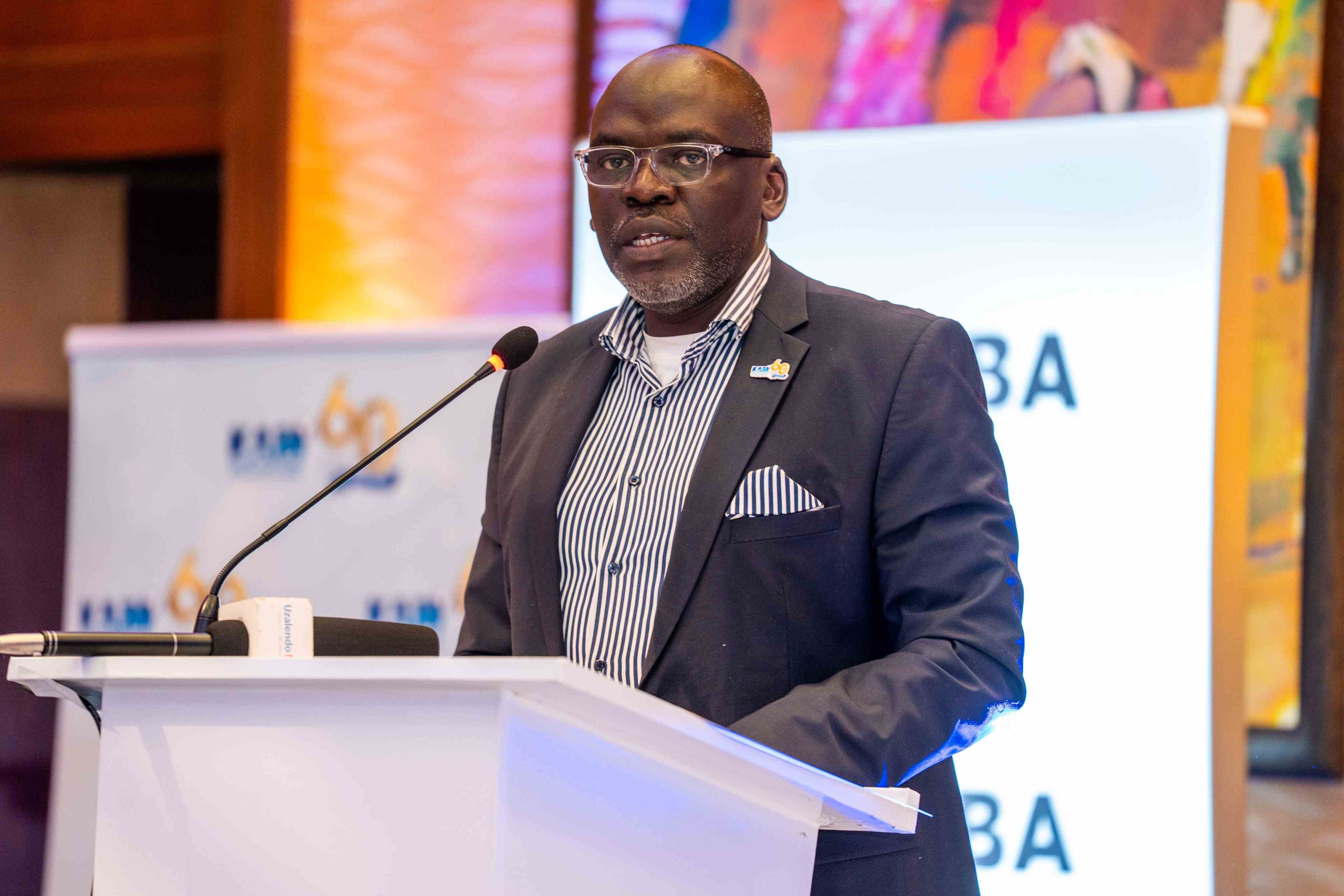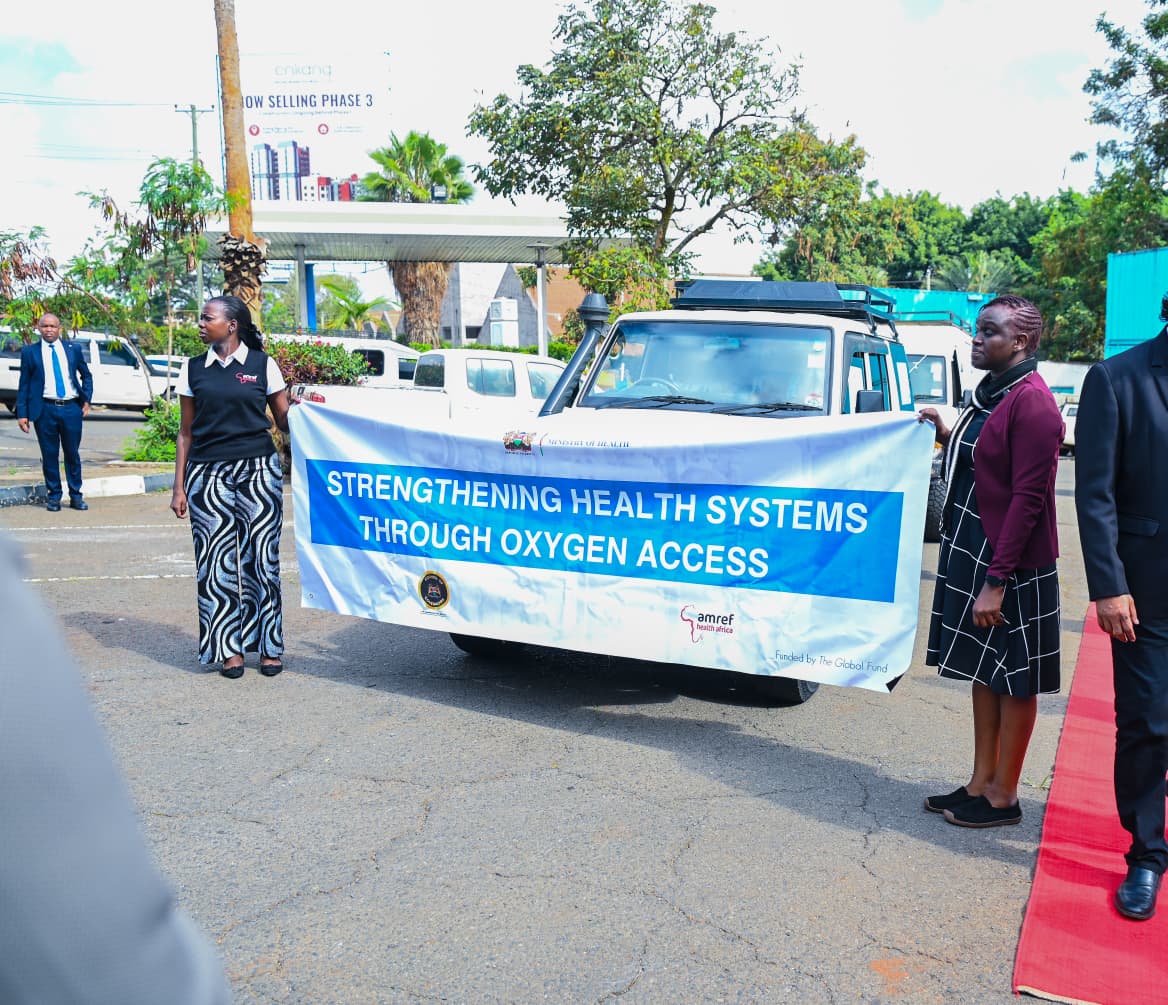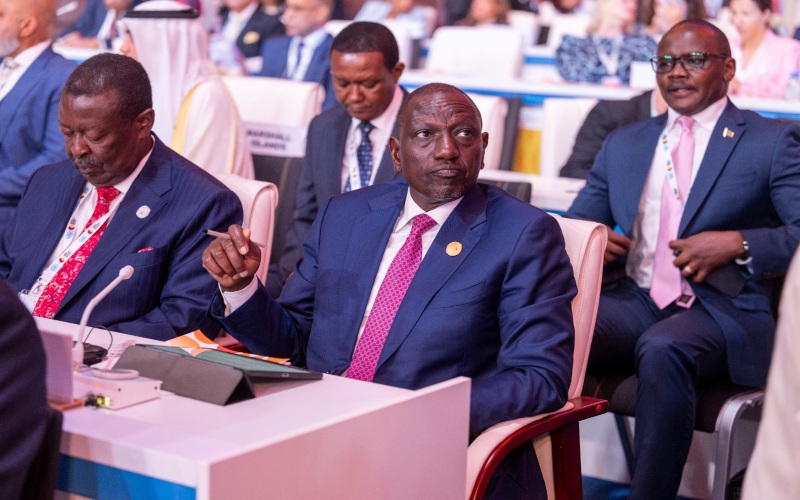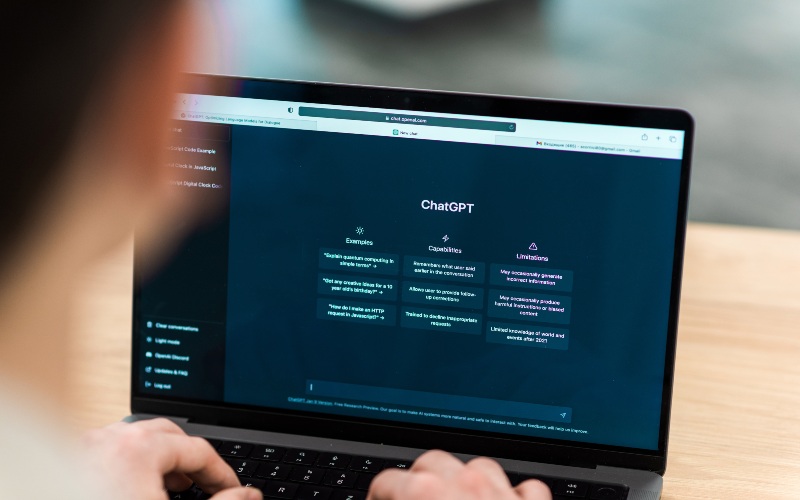AfDB begins implementation of connectivity portal to counter African ports' inefficiencies
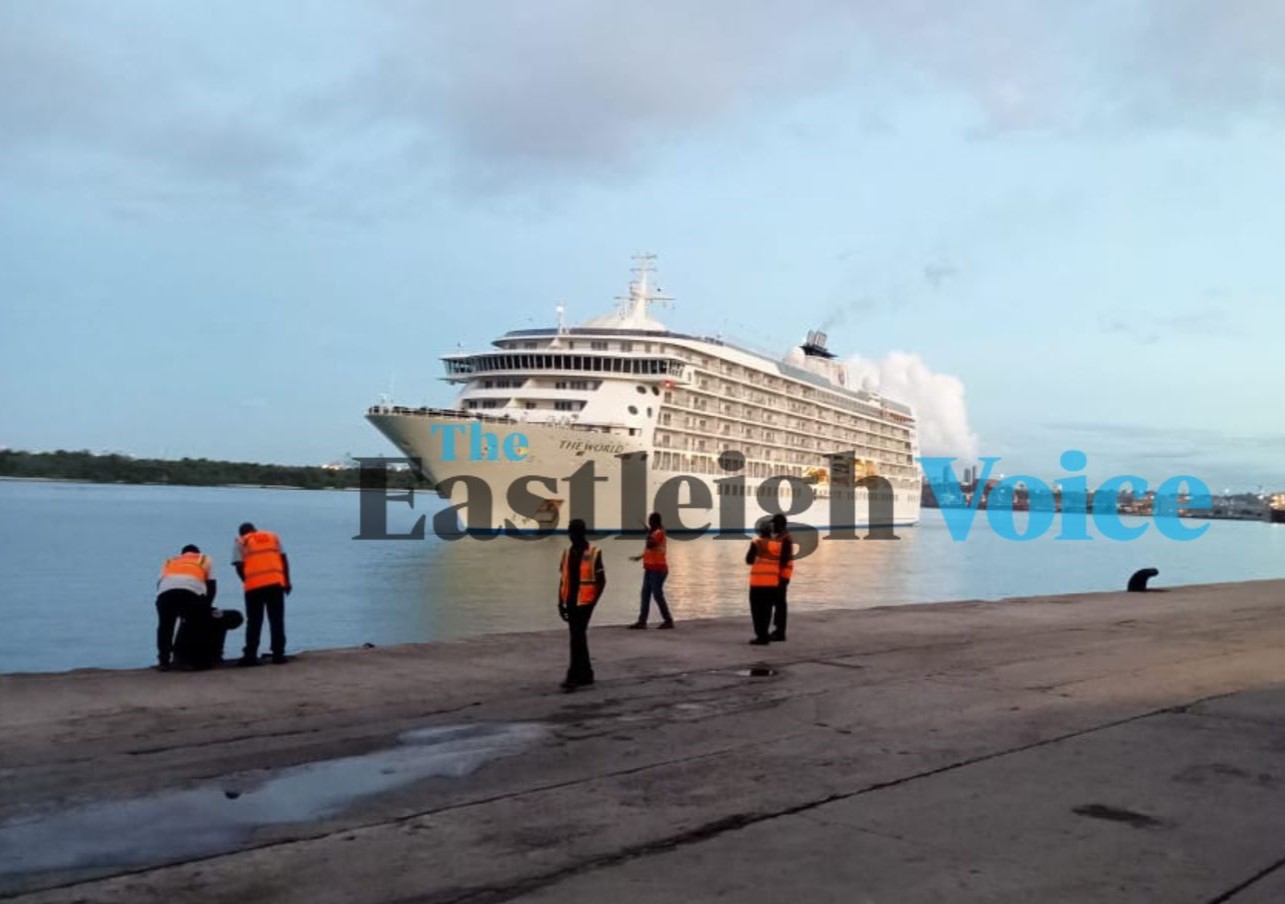
Expected to start delivering on its mandate in the next 18 months, the initiative seeks to counter the prevailing inefficiencies at the ports that have led to higher logistics costs.
The African Development Bank has begun the implementation of a strategic African Ports Connectivity Portal Project (APC-PP) that seeks to improve data collection and enhance seamless connectivity among major African ports.
Expected to start delivering on its mandate in the next 18 months, the initiative seeks to counter the prevailing inefficiencies at the ports that have led to higher logistics costs.
More To Read
- Two new multipurpose vessels arrive at Mombasa Port to enhance marine operations
- Shimoni port welcomes first cruise ship, boosting Kwale County’s tourism revival
- Chinese warship in Mombasa for technical stop, cultural exchange
- KPA declares 80 per cent waiver to clear long-stay cargo at Mombasa Port
- Congestions, delays push Mombasa Port to position 375 of 403 worldwide- World Bank
- Mombasa Port ranked 375th worldwide in latest container port index
The heightened logistics costs have since been blamed for additional expenditures passed on to traders and consumers, in turn hindering economic growth.
"Many ports across the continent have suffered from underinvestment and a lack of reliable port performance data, essential for effective planning and management," AfDB says.
The project is supported by a $2 million (Sh261.4 million) grant from the Beijing-based Multilateral Cooperation Centre for Development Finance (MCDF) and will facilitate the creation of a comprehensive port data book.
"This will offer performance data for Africa's ports and maritime transport sector, along with practical information on the continent's leading ports," the lender adds in part.
Additionally, it says the project will develop a secure, web-based tool for collecting, storing, and retrieving port data across the continent.
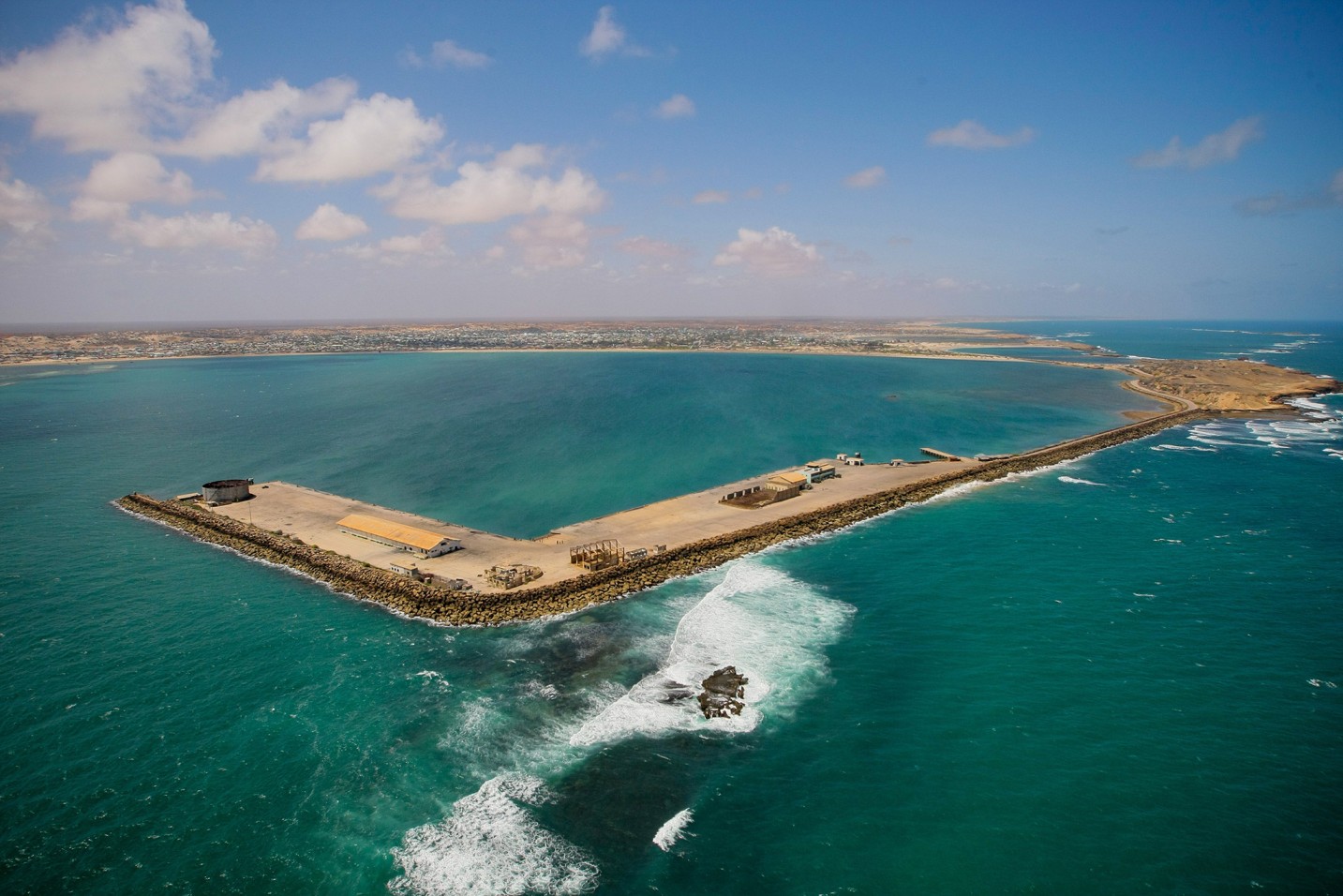 An aerial view of the Indian Ocean near Kismayo, a port city in southern Somalia. (Photo Handout)
An aerial view of the Indian Ocean near Kismayo, a port city in southern Somalia. (Photo Handout)
"The project will enhance port development planning, policy dialogue, and regional infrastructure strategies, ultimately strengthening the capacity of African ports."
Discussions from a recent preparatory workshop that rallied together key stakeholders and experts from various organisations, including port management and maritime associations, the African Union Commission, regional economic communities, and port authorities, centred around three components of the project.
These are technical support, design and implementation, and project governance.
The workshop resulted in several recommendations, including the need to involve supranational organisations such as the African Union Commission, African governments, regional organisations, port management associations, port authorities, and the private sector.
It also observed the need to establish the project governance structure and the formation of a dedicated working group to review the terms of references.
This is with the aim of providing the project implementation plan, conducting a study on the sustainability plan for the portal project, and prequalifying the port authorities present as pilots for the project.
These recommendations are expected to significantly impact the maritime sector in Africa, improving port operations and reducing logistics costs.
Top Stories Today

